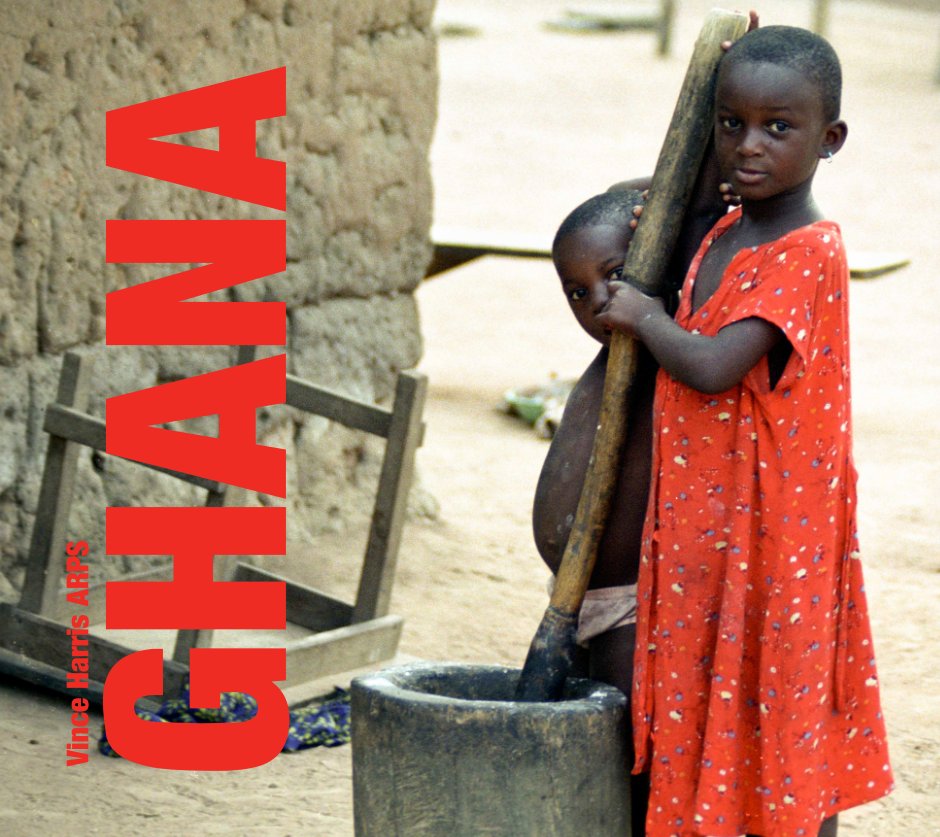Über das Buch
Ghana is one of the fastest growing of African countries but remains quite poor, especially in the north. It was the first British colony in Africa to gain independence
as a democratic country but subsequently went through a long period of mainly single party, military and autocratic government interspersed
with short periods of democracy. Its people have remained friendly and welcoming despite periods of hardship and suffering. Regrettably the benefits of
economic success are being dissipated through population expansion.
This book records a nostalgic journey undertaken in January 2004 starting in Accra then travelling to the Volta Region, the Northeast via Kumasi, the
Northwest and back to the coast at Cape Coast before returning to Accra. The country has become much more tourist friendly since our arrival there in
1966 for a three year period of teaching at Adisadel College, Cape Coast. Whereas in the 60s the best accommodation was in Government Rest Houses there
is now a good choice of places to stay in all the major centres. Apart from the obvious attractions such as Accra, Cape Coast and Elmina on the coast, Kumasi
and its surrounds and Bolgatanga in the northeast we visited the National Parks at Mole and Kakum (north of Cape Coast), Aburi gardens, the Kente
weaving villages of Bonwire and Tafe Abuipe and Cedi’s bead factory near Krobo Odumase. Other attractions we visited, which did not exist in the 60s, were
a number of eco-tourist projects often started with the help of American Peace Corps volunteers.
The traditional mud dwellings of the North have survived because they are so cool and comfortable. The villages are very picturesque but there is little work
for much of the year, i.e. outside the rainy periods. Children are ubiquitous and despite their wishes often have no opportunity to go to school. However, the
children are invariably cheerful and it is always a pleasure to be greeted by them and most importantly by the village chief and then to be given a welcome
throughout his territory.
Cape Coast is where we lived and much is recognisable though the town has expanded considerably with hotels and restaurants to the fore.
as a democratic country but subsequently went through a long period of mainly single party, military and autocratic government interspersed
with short periods of democracy. Its people have remained friendly and welcoming despite periods of hardship and suffering. Regrettably the benefits of
economic success are being dissipated through population expansion.
This book records a nostalgic journey undertaken in January 2004 starting in Accra then travelling to the Volta Region, the Northeast via Kumasi, the
Northwest and back to the coast at Cape Coast before returning to Accra. The country has become much more tourist friendly since our arrival there in
1966 for a three year period of teaching at Adisadel College, Cape Coast. Whereas in the 60s the best accommodation was in Government Rest Houses there
is now a good choice of places to stay in all the major centres. Apart from the obvious attractions such as Accra, Cape Coast and Elmina on the coast, Kumasi
and its surrounds and Bolgatanga in the northeast we visited the National Parks at Mole and Kakum (north of Cape Coast), Aburi gardens, the Kente
weaving villages of Bonwire and Tafe Abuipe and Cedi’s bead factory near Krobo Odumase. Other attractions we visited, which did not exist in the 60s, were
a number of eco-tourist projects often started with the help of American Peace Corps volunteers.
The traditional mud dwellings of the North have survived because they are so cool and comfortable. The villages are very picturesque but there is little work
for much of the year, i.e. outside the rainy periods. Children are ubiquitous and despite their wishes often have no opportunity to go to school. However, the
children are invariably cheerful and it is always a pleasure to be greeted by them and most importantly by the village chief and then to be given a welcome
throughout his territory.
Cape Coast is where we lived and much is recognisable though the town has expanded considerably with hotels and restaurants to the fore.
Eigenschaften und Details
- Hauptkategorie: Reisen
-
Projektoption: Querformat groß, 33×28 cm
Seitenanzahl: 130 - Veröffentlichungsdatum: Apr. 18, 2013
- Schlüsselwörter Cape Coast, Eastern Region, Upper Northern Region, slave trade, Mole National Park, Ghana, poverty, Accra, people, children, Bolgatanga, Diani, Ashanti, Wa, Elephants, monkeys
Mehr anzeigen

